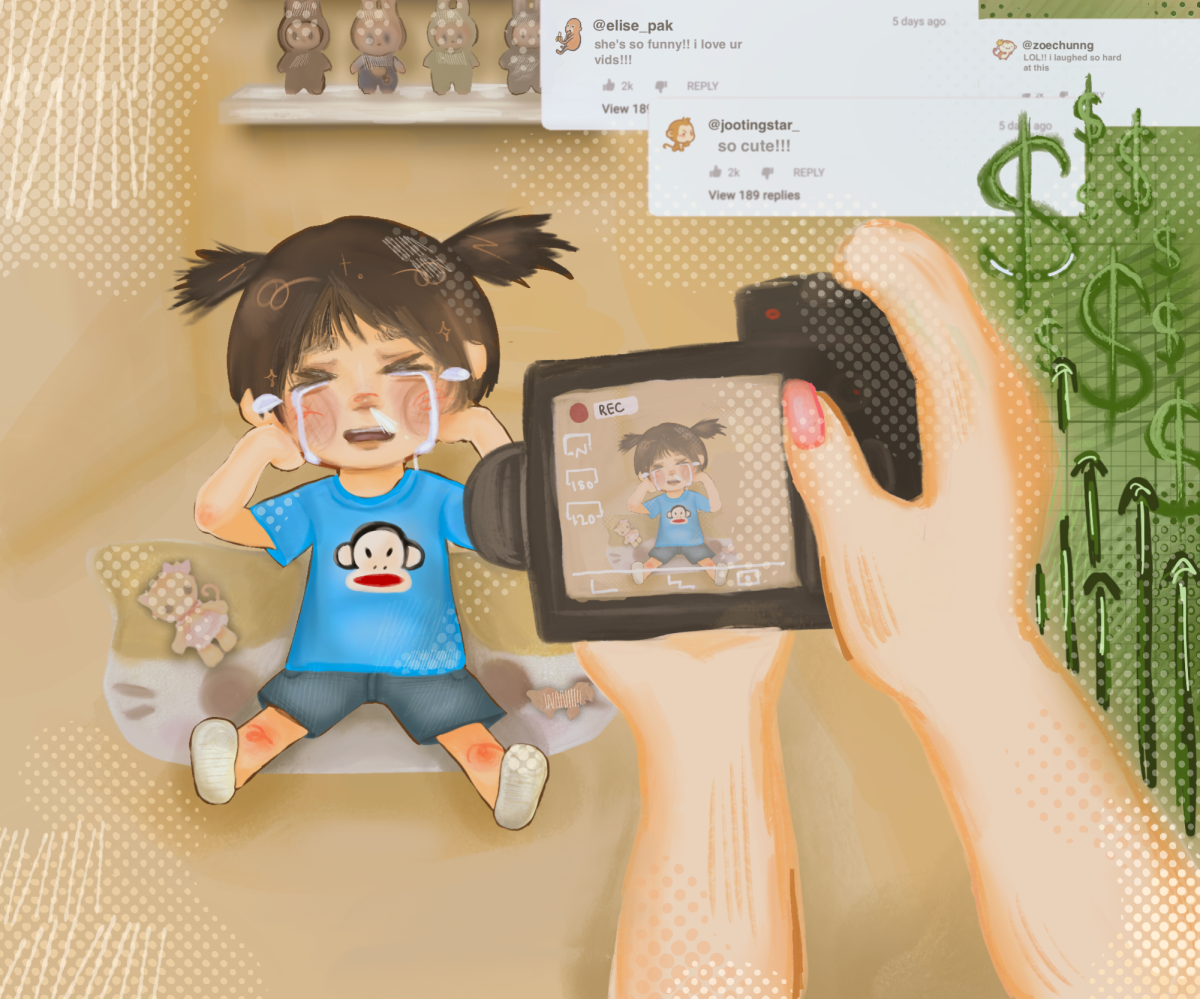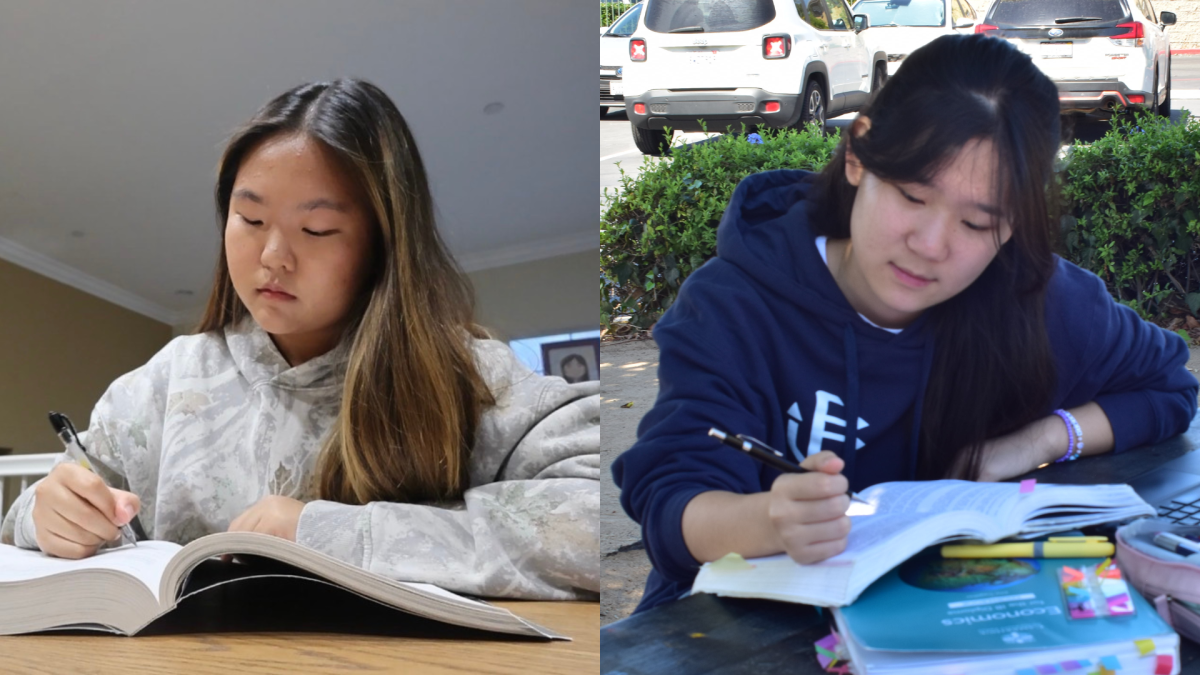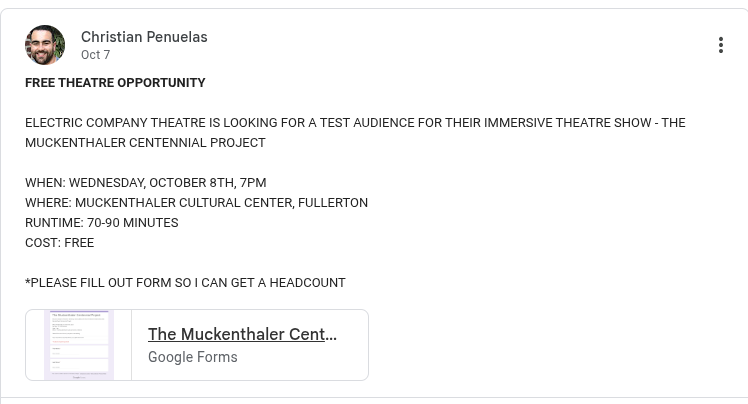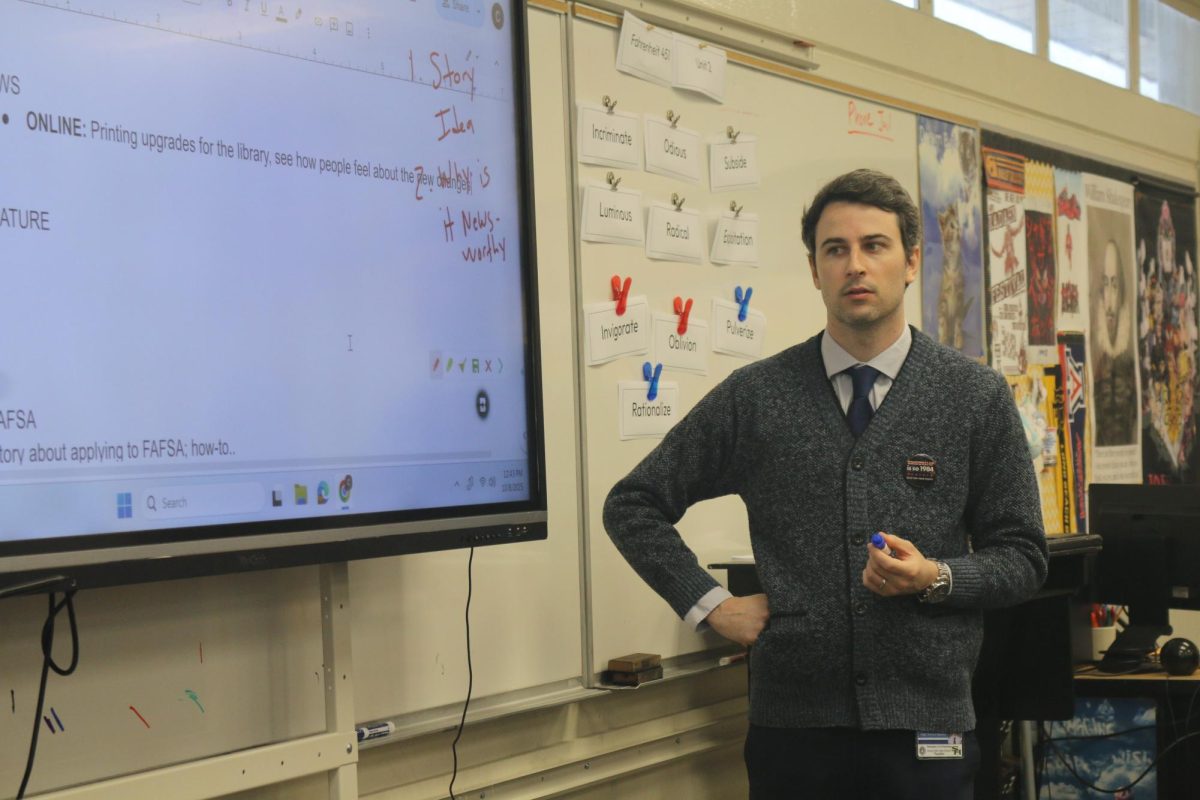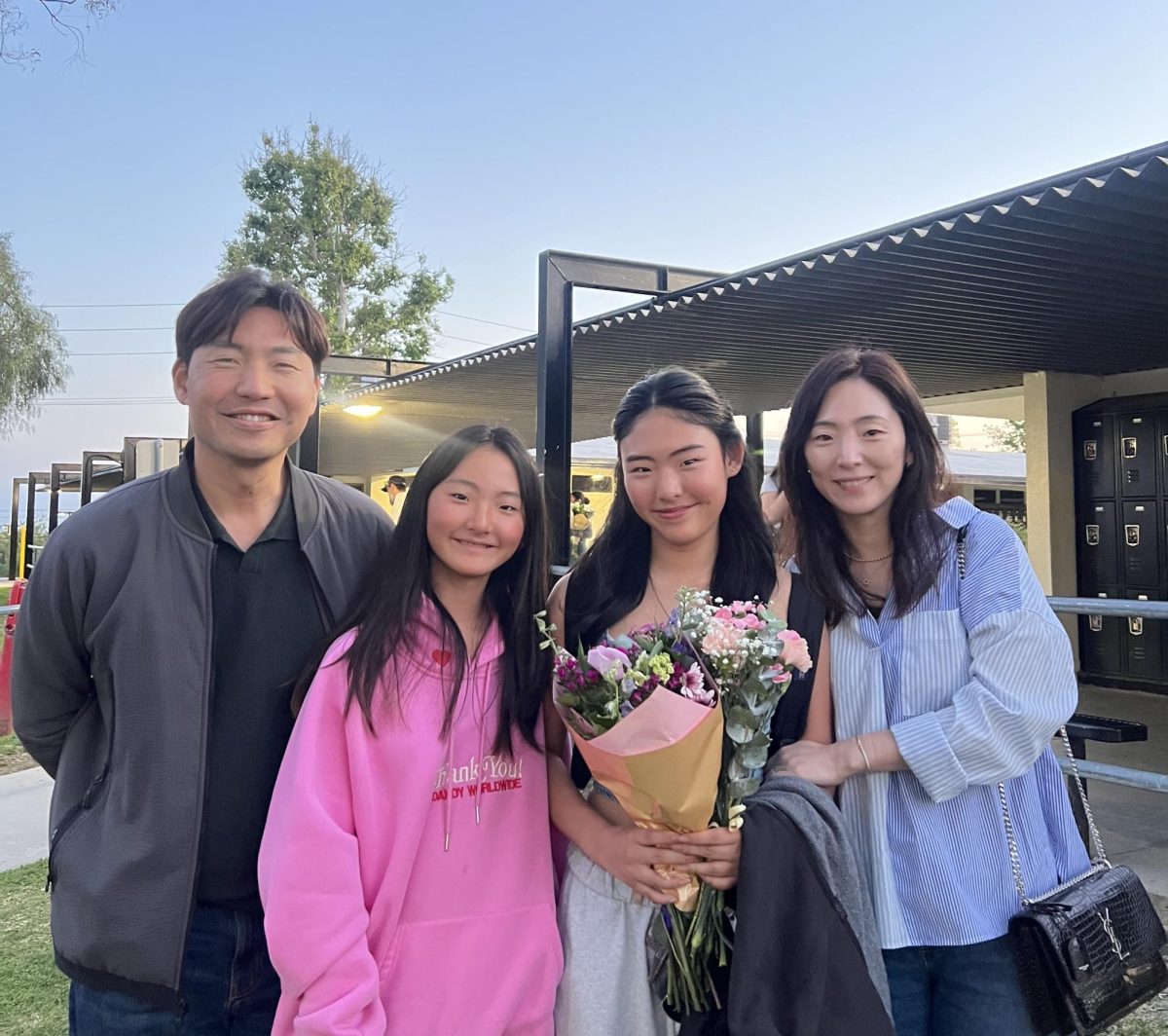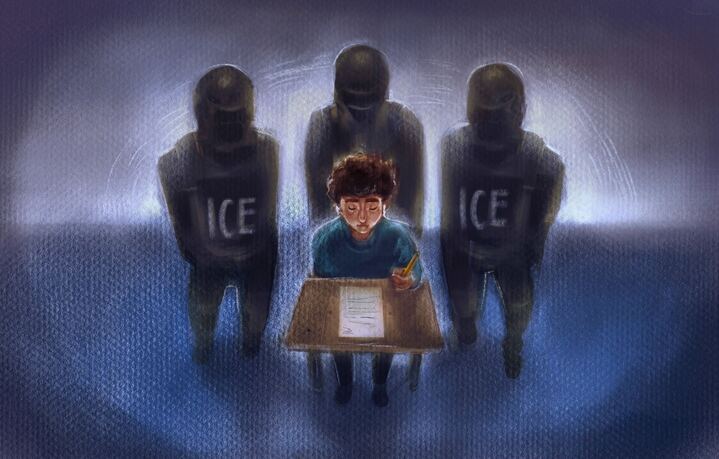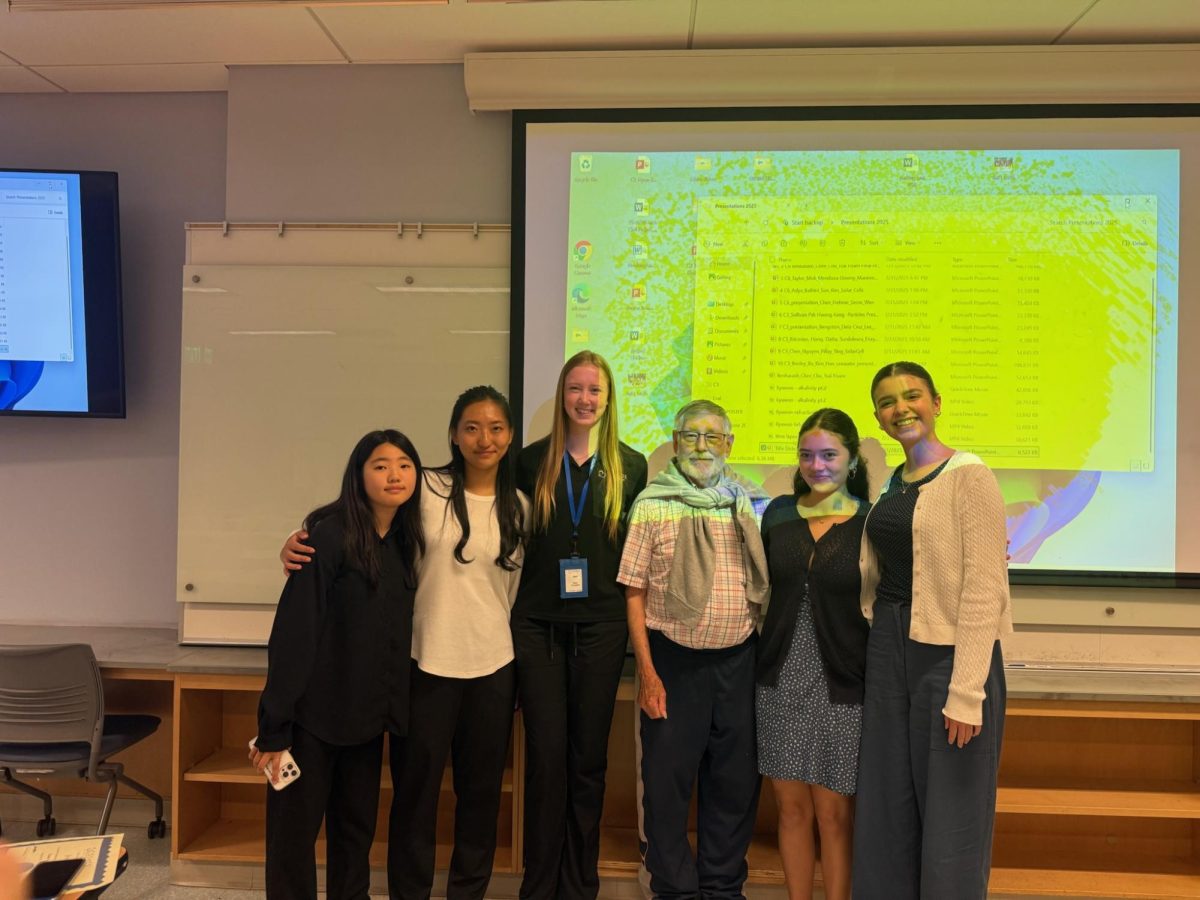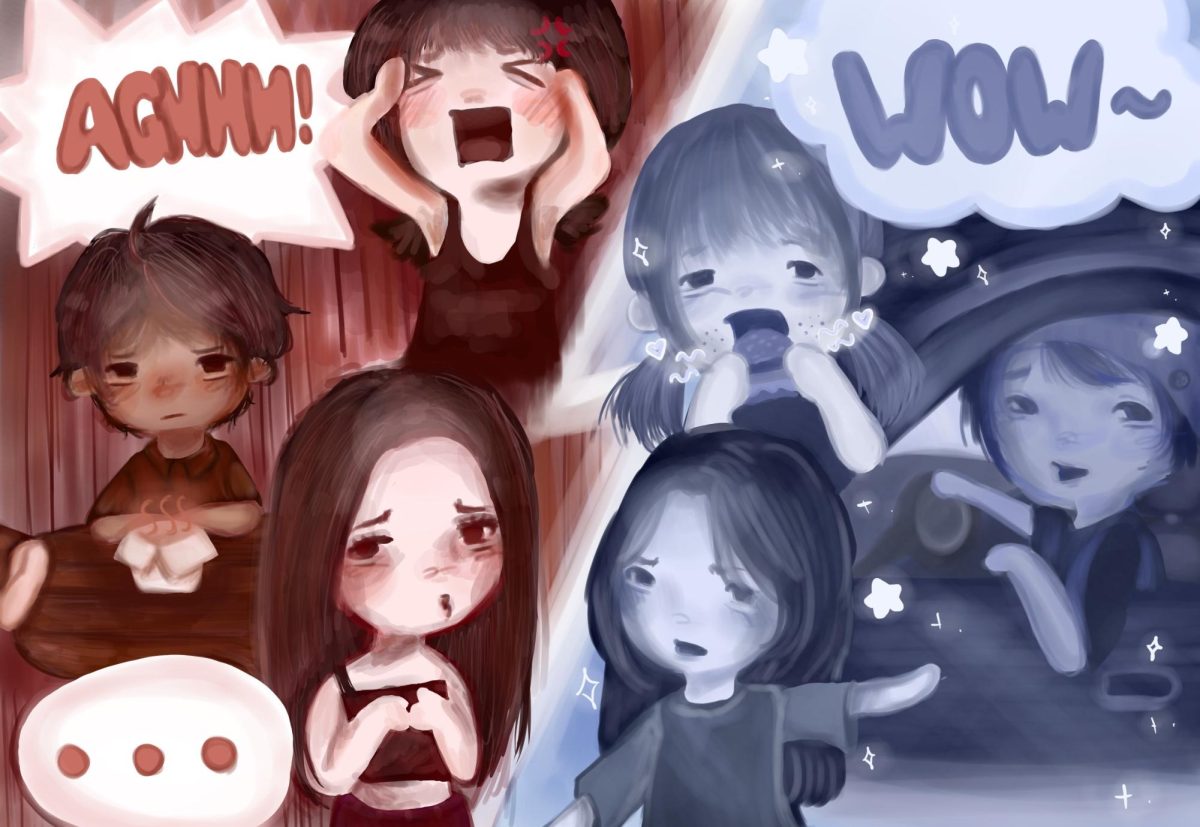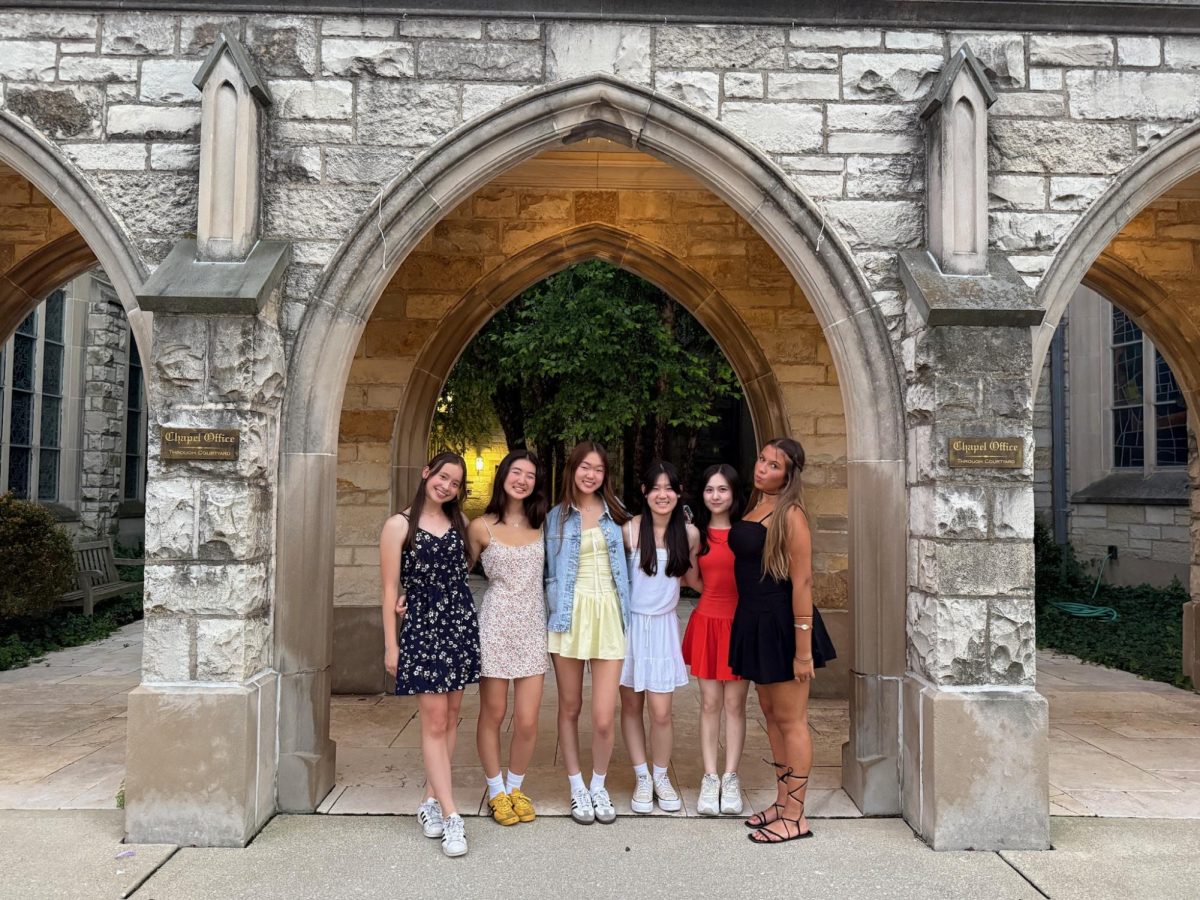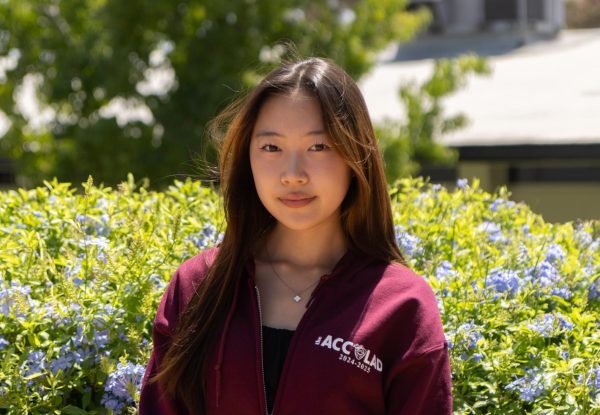My greatest talent is storytelling.
I believe in the power of narratives to not just inform but also to connect, and journalism sets the stage for this talent to flourish.
I used to think of storytelling as a grand process, at the end of which tears would be shed or shivers would ripple through the reader.
This perspective shifted when I had the opportunity to write a teacher feature story about Kathy Bevill, one of the longest-tenured educators at our school, who announced retirement after 39 years of teaching and multiple Teacher of the Year awards.
I envisioned Bevill’s story as a cornerstone in the timeline of our school’s history, something future students could look back on to understand the impact she made. With her impressive resume and decades of experience, I set out to craft a story that honored her accomplishments. I carefully prepared a list of 14 questions, focusing on the longevity and success of her career.
But at the start of the interview, her responses held little substance, and with every word she uttered, I couldn’t help but think: doesn’t she realize I’m doing this to make her look good?
Instead of focusing on her teaching accolades, she kept mentioning softball, almost like she wanted this to be the story’s focus.
I was caught off guard, realizing that I may have to change the angle of my story.
Curious about the relevance of softball, I abandoned my original questions and let the conversation shift. When I changed the topic of my story, I learned that preparing myself for unexpected situations is an essential skill for a journalist.
I asked her about her time as a player and how it impacted her today, and suddenly, the interview led to a newfound focus — how her love for the game had led her to study kinesiology and ultimately become a biology teacher.
I realized then that the story I thought I wanted to tell wasn’t the story she wanted to share.
What emerged wasn’t just a celebrated career but the personal passions and unexpected paths that led her there.
Through journalism, I learned that good storytelling relied far more heavily on how I approached a given topic, rather than the topic itself.




